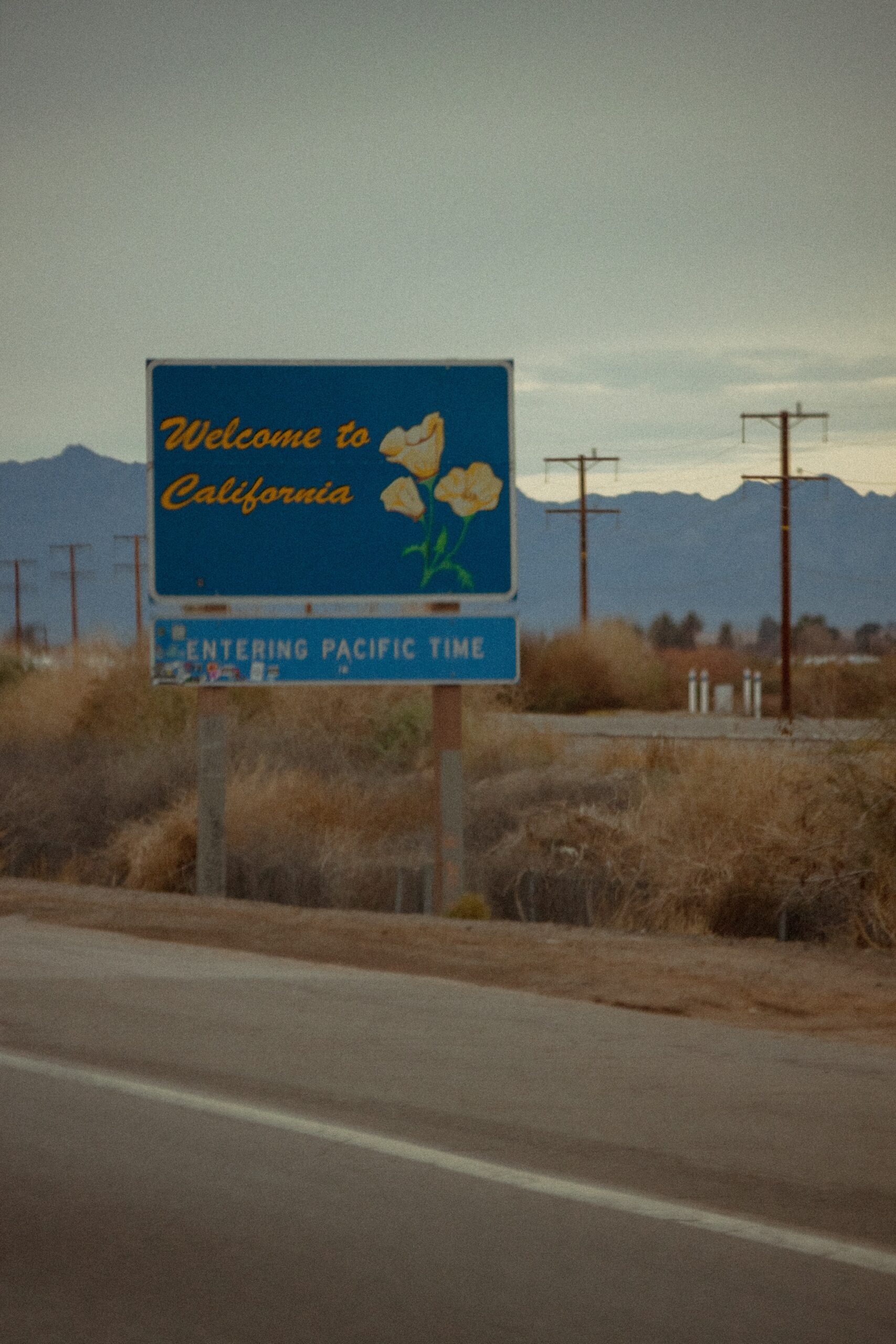Understanding Political Discrimination
Federal law protects employees against discrimination based on their race, religious affiliations, gender and national origin. However, federal law generally does not protect employees against discrimination by employers on the basis of their political beliefs.[1] Consequently, private employees must look to state law for legal protections against political discrimination.
[1] There is some federal protection for public employees; see, e.g., Connick (USSC).
Understanding Your Rights as an Employee in California
In California, the Labor Code provides some protection to private employees. Under sections 1101 and 1102 of the California Labor Code, it is illegal for employers to:
- Create and enforce policies preventing employees from engaging in politics or running for public office.
- Create and enforce policies aimed at controlling or directing an employee’s political activities or affiliations.
- Threaten an employee’s job in order to coerce or influence an employee from taking or refraining from a political activity.
These restrictions on employers are an exception to the general rule that an employer may terminate an at-will employee at any time, for any reason, even an arbitrary or irrational reason.[1]
As a result, courts interpreting the Labor Code have found it to be a fairly narrow exception. Generally, California employers can take action against an employee’s political activities if an employees’ expression of their political views impacts their job performance, that of their co-workers or the business as a whole. Where an employer enacts a policy for legitimate, apolitical reasons, if – as an unintended consequence – that policy hampers an employee’s political activities, that policy is not a violation of the Labor Code.
So, for example, a federal court interpreting section 1101 of the Labor Code found that an employer who terminated an employee for serving as a county supervisor (an elected position), did not violate the Labor Code where the employer’s policy was premised on both the amount of time the employee would have to spend on his duties as a supervisor, and also on preventing regulatory problems or conflicts of interest with the county, an established client of the employer.[2]
Also, sections 1101 and 1102 apply only to employees. Independent contractors – an increasingly large share of the California labor force – may not enjoy the same protection as employees.[3]
[1] See, e.g., Ali v. LA Focus Publications, 112 Cal. App. 4th 1477 (2003) at 1484.
[2] Couch v. Morgan Stanley, E.D. Cal. 2015.
[3] Ali, supra.

Choosing the Right Political Discrimination Attorney in California
Although California law provides employees some protection against political discrimination, it is important to find an attorney who can help guide you if you feel your rights have been violated. Incidents of political discrimination are highly fact-specific; an experienced attorney can assist with evaluating a claim and resolving issues efficiently. Whether you are a California employer or employee, our experienced employment attorneys can ensure that an employee’s political rights are protected and that an employer is in compliance with California’s labor laws.
Romano Law can provide guidance on political discrimination disputes in New York, California, and Florida.
Photo by Elijah Ekdahl on Unsplash
Looking for other Employment Law services?
